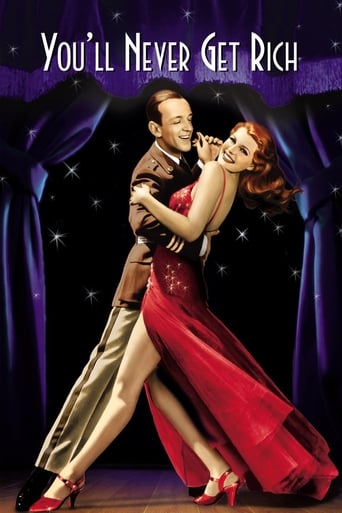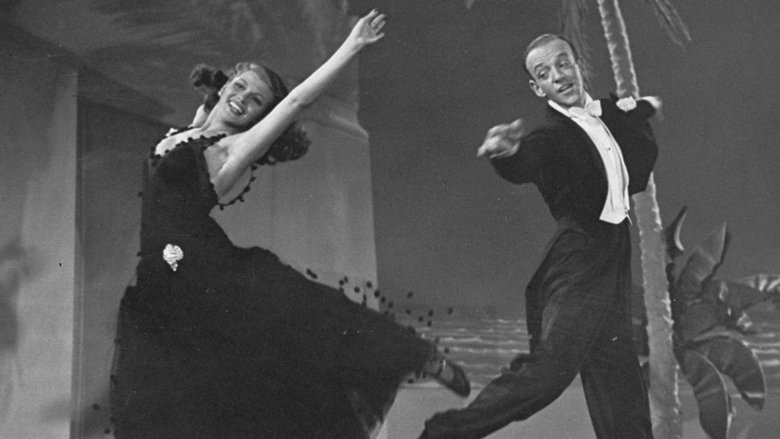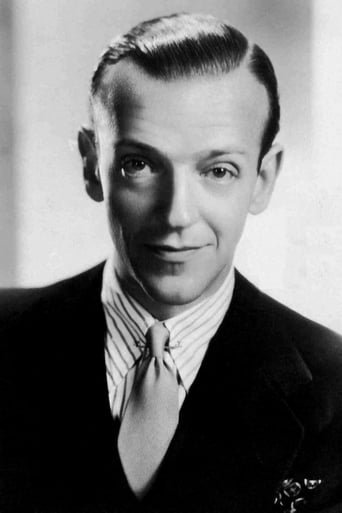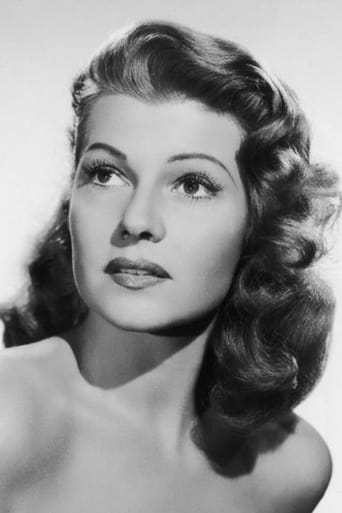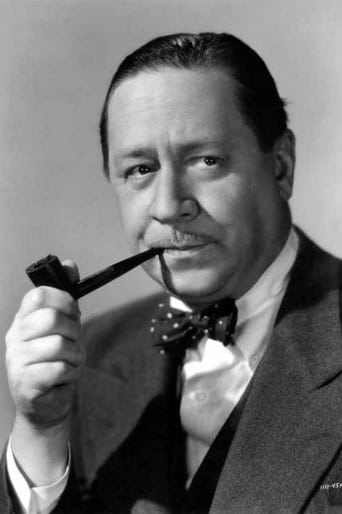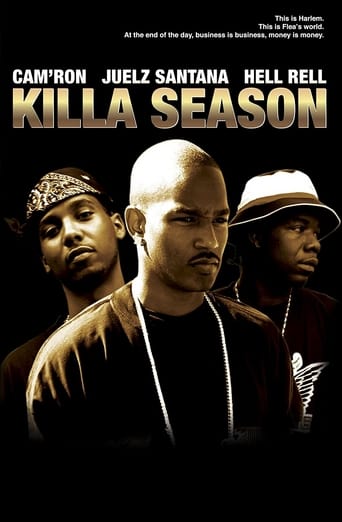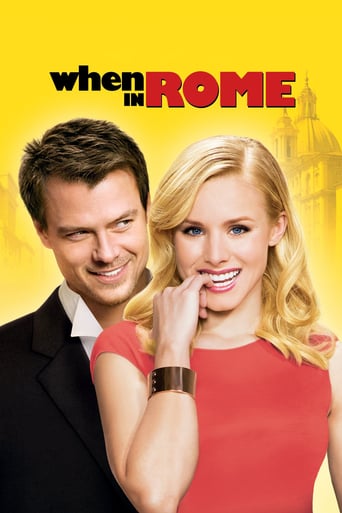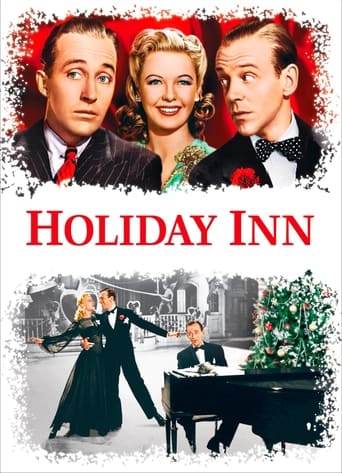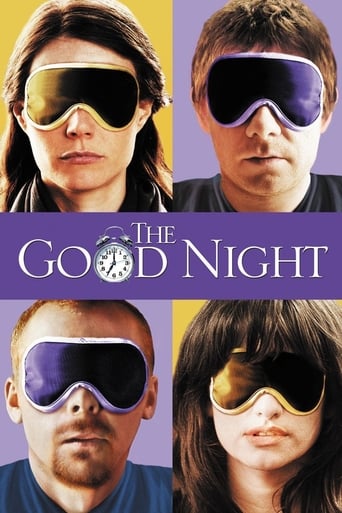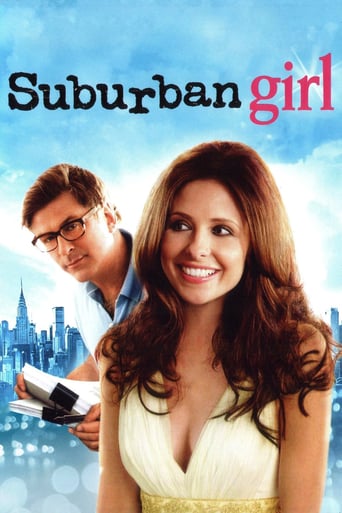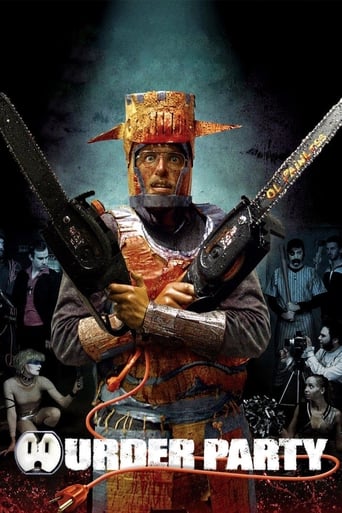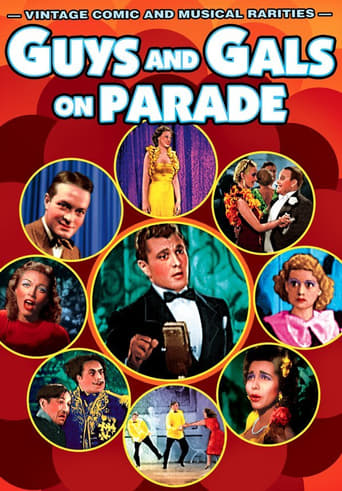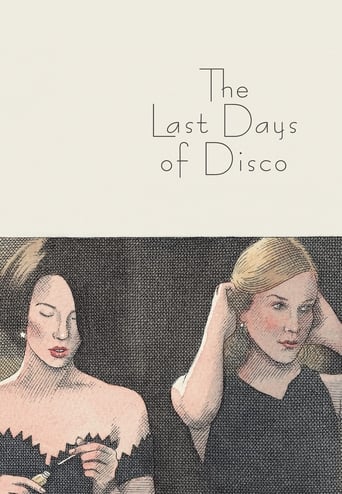You'll Never Get Rich (1941)
A Broadway choreographer gets drafted and coincidentally ends up in the same army base as his object of affection’s boyfriend.
Watch Trailer
Cast


Similar titles
Reviews
Very best movie i ever watch
Sorry, this movie sucks
The plot isn't so bad, but the pace of storytelling is too slow which makes people bored. Certain moments are so obvious and unnecessary for the main plot. I would've fast-forwarded those moments if it was an online streaming. The ending looks like implying a sequel, not sure if this movie will get one
The acting in this movie is really good.
The plot is just a pretext for lovely musical moments, for nice humor, for the sparkles of Rita Hayworth and for the admirable job of Fred Astaire. it is a beautiful film first for the status of introduction in the spirit of a period. it is lovely for the few pieces defining it as a love story , a honest comedy, Robert Benchley performance and, sure, for dance moments, for a young public good gifts for discover the charming art of Rita Hayworth. it is the first cooperation between Astaire and Hayworth and this detail is significant for define the entire work of them in special manner. a film as an old picture in large photo album. useful for good memories. and for discover the spirit of a classic Hollywood.it has, as lead virtue, to serve, in brilliant way, the classic recipe of musical from "40's not only in its outside aspects but in its essence. and that is a real precious virtue.
Ginger Rogers may have been Fred Astaire's ultimate dance partner, but Rita Hayworth makes a very worthwhile play for that title in 'You Were Never Lovelier'. This fun wartime comedy-musical has a very contrived plot that is as flimsy as tissue paper, but when the two stars Hayworth and Astaire are on screen together all faults are forgiven for the sheer brilliance they show together as dancing partners.Hayowrth, early in her career, shows little sign of nervousness before the camera and handles her role as Sheila Winthrop very well, she imbues her with charm, grace and just a hint of sass. Astaire is equally likable as Robert Curtis, Rita's love interest from the beginning. As with all of Astaire's films with Rogers the lovestruck couple experience a series of misdemeanours that hinder their romance, until a romantic finale reunites the pair. Light moments of comedy work well to compliment the bursts of energetic dancing, and Hayworth's and Astaire's charisma shine through perfectly when they are needed to lift the action.The army base setting is refreshing, yet also distracting. A little too much time is given to the rather unamusing antics of Astaire's servicemen buddies. The film isn't overly influenced with visual style, the sets look as if they have been used time and time again, yet Hayworth and Astaire are sublime whatever the situation. Rita looks very beautiful in this one, and she displays a natural acting talent. Astaire was never much of an actor but he lights up the screen like no other. Nice supporting work from Frieda Inescort is a highlight, as is the dancing finale for Hayworth and Astaire atop an army tank. Yes, the army sub-plot came in handy in the end.Margarita Cansino was still undergoing the 'Rita Hayworth' transformation while this film was being made, so Rita still looks quite Latin in most scenes, with darker hair than we are normally accustomed to from the famous redhead. Fred often said that Rita was the best dancer he ever worked with, and at times he does seem in awe of her capabilities that definitely match his. Rita considered this one of the two jewels in her film career (the other being 'You Were Never Lovelier' with, you guessed it, Fred), and it is a gorgeous film.A feel-good musical that isn't a mind-blowing film experience, yet is definitely an enjoyable one.7/10.
I have to differ with the viewer who feels that though Rita Hayworth was a marvelous dancer she did not measure up to Ginger Rogers as the partner of Fred Astaire. Rita's dancing was so graceful that she was the perfect match for the stupendous Astaire. Her beauty in this movie is a thing to behold. Now after all these years we can only wish that they included a bunch of other dances instead of all the silliness. How can it be that such a lovely as Rita would have such a difficult life? I wonder if the talented Hayworth ever realized that it would be her early dancing that would really be her lasting legacy and if she did would she have given us more to appreciate for the years. Watching her dance as a young woman is a joy that will be repeated for generations.
I initially thought this one was the lesser of the two pairings. But I have to admit this film- which puts its audience squarely into the start of World War II- is quite sharp, script-wise, and quite lyrical, music-wise. Astaire's dance director shows an early but distant attraction to chorus dancer Hayworth (and vice-versa), but is drafted into the Army (not to mention repeatedly banished to the guardhouse for various insubordination) before they can live happily ever after. They were a sweet coupling, despite their 19-year age difference, and Hayworth, as others have mentioned, was quite a revelation as a tap and ballroom dancer. All of their dances are performances only, not love scenes (which are the duets I have always preferred), but they are sensational. The requisite 'big number' is the finale, the "Wedding Cake Walk" (you'll do a double-take at the last image of the tank-shaped wedding cake), and there is an ensemble dance at the start of the film called "Boogie Barcarolle." But two numbers stand out: Astaire's solo dance in the guardhouse, sung by a black jazz chorus (uncredited, called the Delta Rhythm Boys) and entitled "Since I Kissed My Baby Goodbye." Elegant tapping by Astaire is blended with a rich bass vocal by Lucius Brooks. The other number is Astaire and Hayworth's dress rehearsal "So Near and Yet So Far," a stunning rumba which shows off Hayworth in a sheer black gown and expands into intricate layers of choreography. This is one of the last films to show Ms. Hayworth as a brunette; her hair is no longer black, but it is not yet red either, but shortly after this outing her tresses went completely red as she began doing doing Technicolor films. Their follow-up film, "You Were Never Lovelier," had more of the standard romantic shenanigans and more lyrical dance numbers, but this first one was more screwball comedy and, in a sense, more of a challenge to pull off.

